Visit by senior Mozambican judge to Israel condemned - AIM report
Mozambique: Assistance provided to 715,000 displaced people – government
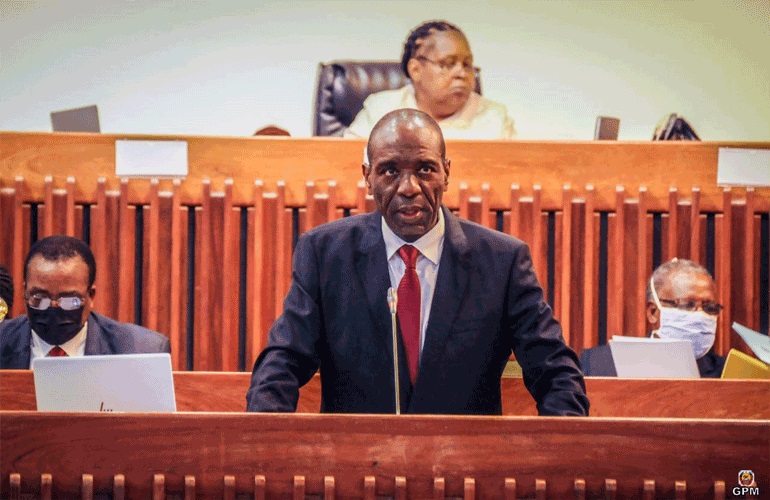
Photo: Noticias
The prime minister of Mozambique said on Wednesday that 715,000 displaced persons in Cabo Delgado are receiving assistance from the government and international partners when asked about the aid, considered insufficient, by humanitarian organisations and the population itself.
“The humanitarian assistance is benefiting 715,000 people who are in transitional accommodation centres and host families in the city of Pemba and surrounding districts,” as well as in Palma, after the armed attack on that town on 24 March Agostinho do Rosario said.
The victims of armed violence in Cabo Delgado (north of the country) have received temporary shelter, food and non-food items and health assistance. The Mozambican prime minister added after a question from the Mozambique Liberation Front (Frelimo) on the state of humanitarian aid.
Humanitarian organisations and the displaced people themselves have classified the distribution of aid as insufficient, complaining of hunger and lack of shelters, among other problems.
Last week, the World Food Programme (WFP) most recently echoed these limitations by launching an appeal to donors for $82 million (€68 million) to assist 750,000 people, 78% of the 950,000 people WFP says face severe hunger, among internally displaced people (IDP) and host families.
In central Mozambique, the prime minister continued, some 8,000 people are also receiving humanitarian assistance due to the emergency caused by armed attacks by the Military Junta, a splinter group of the Mozambican National Resistance (Renamo), the main opposition party.
In total, the prime minister said that the country currently had 723,000 people displaced due to armed violence in the north and centre of the country, or 157,000 families.
Agostinho do Rosário noted that the increased flow of displaced people had led the government to set up a working group to draw up an action plan to boost humanitarian assistance and create conditions for the rapid normalisation of those lives affected and the resumption of productive activity.
The prime minister reiterated the well-known position of the government that the fight against “terrorism” in Cabo Delgado “is the primary responsibility of Mozambicans,” but this fight will only be successful with international cooperation, given the transnational nature of the armed groups operating in the region.
“It is in this context that our country recently hosted the meeting of the SADC [Southern African Development Community] Double Troika which aims to outline joint strategies to prevent and combat terrorism, which represents a threat to the region, within the framework of the SADC Mutual Defence Pact,” Agostinho do Rosário said.
Armed groups have terrorised Cabo Delgado since 2017, with some attacks claimed by the ‘jihadist’ group Islamic State, in a wave of violence that has led to over 2,500 deaths according to the ACLED conflict registration project and 714,000 displaced people, according to the Mozambican government.
The most recent attack was on 24 March against the town of Palma, causing dozens of deaths and wounded, but without any final numbers as yet.
The Mozambican authorities regained control of the town, but the attack led oil company Total to abandon indefinitely the site of the gas project scheduled to start production in 2024 and on which many of Mozambique’s economic growth expectations for the next decade are anchored.
In the central region, the Renamo military junta is contesting the leadership of the organisation and the conditions for demobilisation arising from the peace agreement and is blamed by the authorities as being responsible for armed attacks in the area that have killed at least 30 people since 2019.


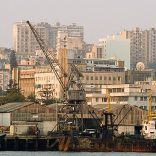
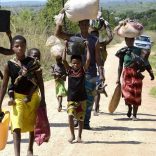


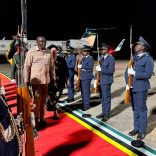
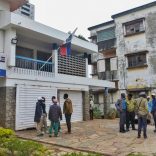




Leave a Reply
Be the First to Comment!
You must be logged in to post a comment.
You must be logged in to post a comment.